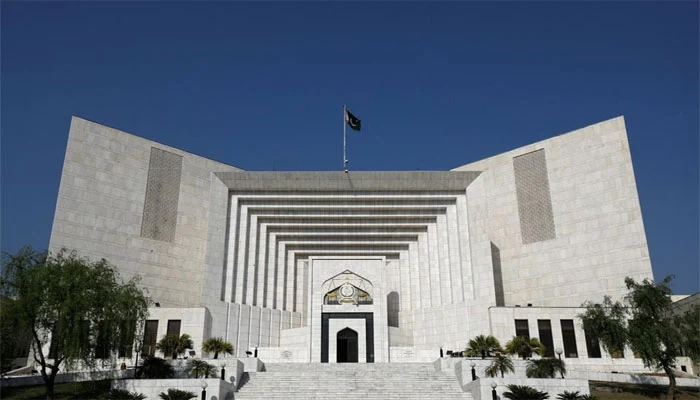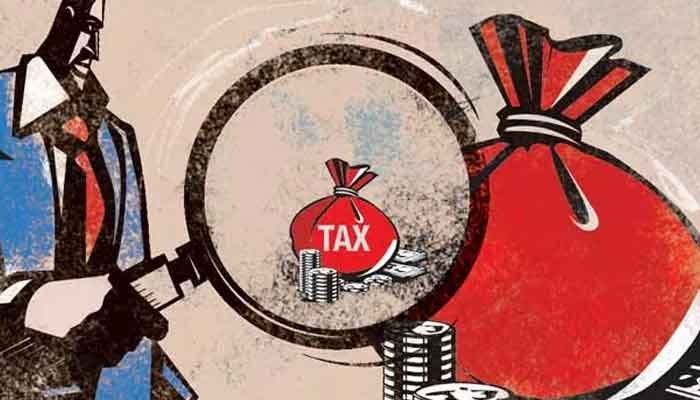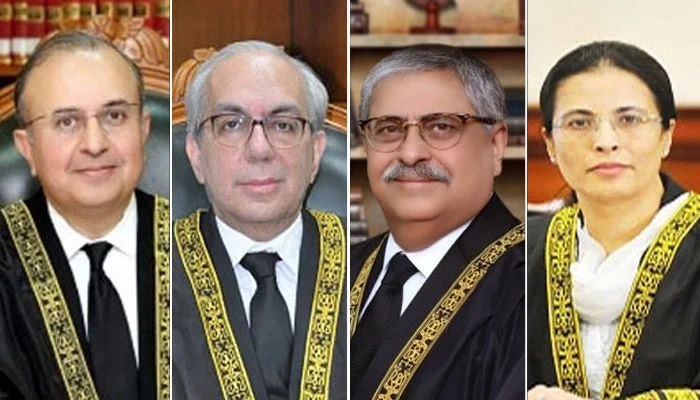The Supreme Court of Pakistan has scheduled a hearing for the Faizabad sit-in case, which will be presided over by Chief Justice Justice Qazi Faez Isa. A three-member bench, including Justice Aminuddin Khan and Justice Athar Minallah, will hear the case on September 28th.
Justice Qazi Faez Isa had initiated proceedings in the Faizabad sit-in case, which involves allegations against the Pakistan Tehreek-e-Insaf (PTI) and the Muttahida Qaumi Movement (MQM) regarding their involvement in the Faizabad dharna (sit-in).
The case stems from multiple review petitions filed, including one by the Ministry of Interior and affected parties, on April 15, 2019. These petitions sought a review of the court’s earlier decision regarding the Faizabad dharna.
In response to the Faizabad sit-in, the Supreme Court had taken suo-motu notice in 2017. The sit-in had disrupted daily life in Islamabad and led to a prolonged standoff between protesters and the government.
The Faizabad dharna case has been a subject of controversy and legal proceedings for several years. It involves complex issues related to the right to protest, public order, and the responsibilities of political parties during mass demonstrations. The case has also seen political implications, as it involves allegations against prominent political parties like the PTI and MQM.
Justice Qazi Faez Isa, who will be leading the bench during the upcoming hearing, has been an influential figure in the Pakistani judiciary. His involvement in this case indicates the significance of the matter and its potential impact on political and legal discourse in Pakistan.
As the hearing date approaches, there is anticipation about how the Supreme Court will address the Faizabad sit-in case and whether it will lead to a resolution that provides clarity on the legal aspects of mass protests and demonstrations in Pakistan. The case holds importance not only in terms of its legal implications but also as a reflection of the broader political and social context in the country.



